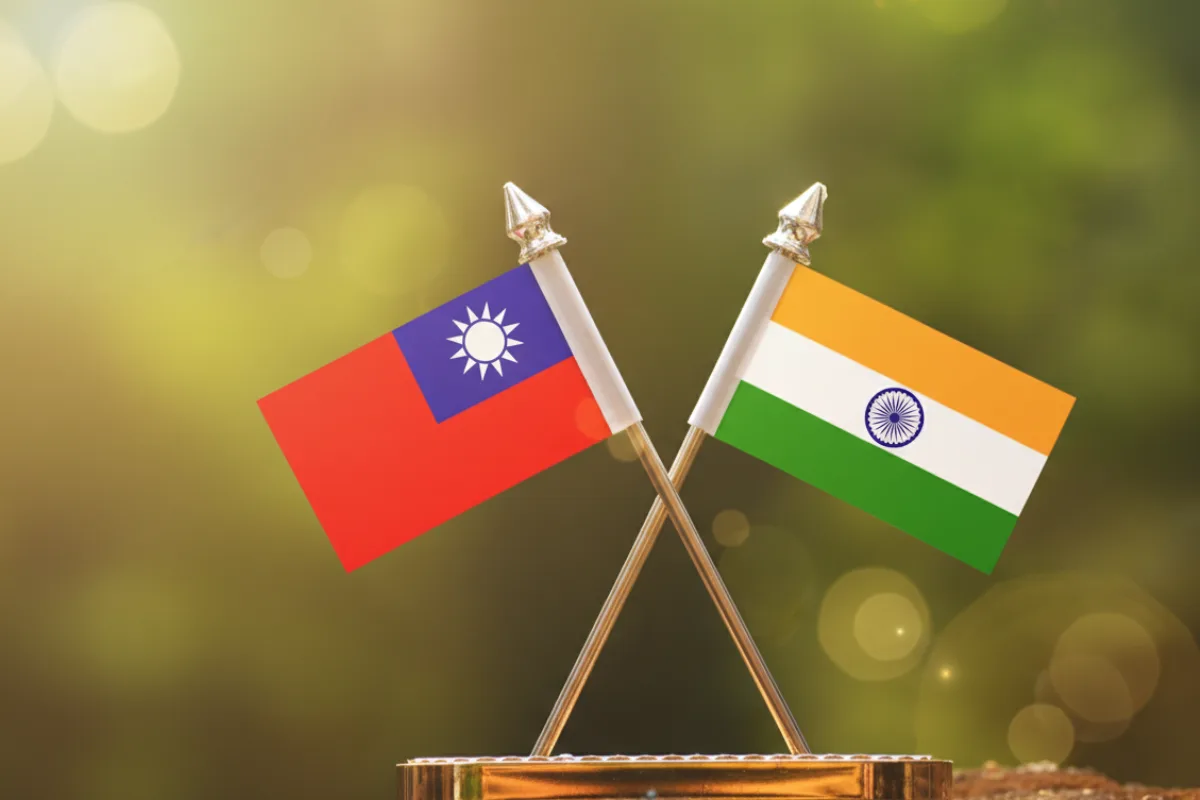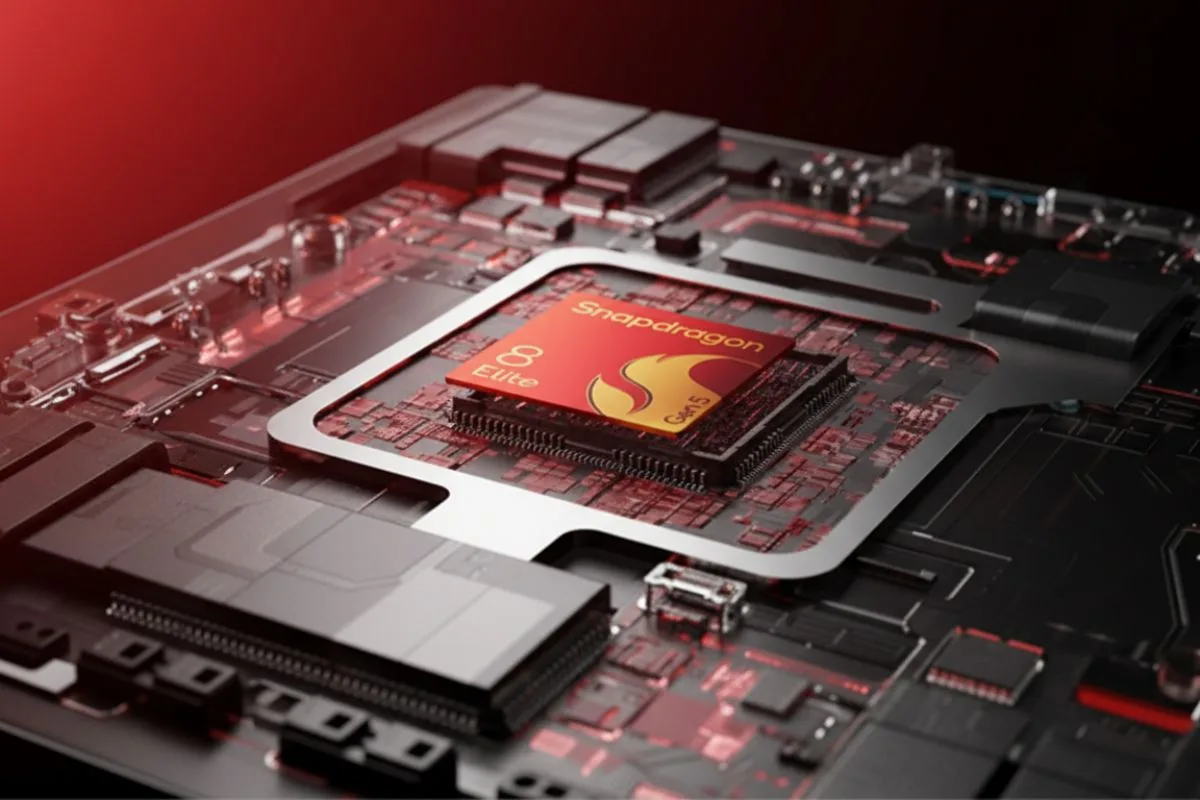Introduction
Chinese Taipei is stepping up technology cooperation with India, targeting semiconductors, electronics and ICT as companies and policymakers seek to diversify supply chains away from China.
Taiwan’s trade body and industry leaders say Taiwan aims to roughly double tech exports to India in coming years — a move backed by multi-billion-dollar deals and fresh factory plans. This shift responds to rising U.S. demand for chips and global pressure to spread manufacturing outside China.
Taiwan seeks closer collaboration with India in semiconductors and ICT to diversify supply chains
Taiwan’s business leaders told attendees at the Taiwan Expo in New Delhi that the island wants a bigger tech presence in India. James C. F. Huang, chairman of the Taiwan External Trade Development Council, said Taiwan hopes to double its electronics and chip exports to India over the next five to seven years — noting exports rose to over $10 billion in 2024, up from about $4 billion five years earlier.
The growth shows a fast expansion of commercial ties despite limited formal diplomatic relations. Policy and corporate moves are already underway. Taiwan chipmaker Powerchip has agreed to work with India’s Tata group on an $11 billion AI chip plant in Gujarat supported by Indian incentives worth about $10 billion.
Foxconn has also expanded its India investment with roughly $1.5 billion of new pledges to local manufacturing. These projects are tangible examples of Taiwan firms moving capacity and partnerships into India.
Why Taiwan and India are aligning: U.S. demand and supply resilience

The drive reflects a broader push to reduce reliance on China and meet surging U.S. demand for electronics and advanced semiconductors. The U.S. CHIPS Act and trade tensions have nudged manufacturers to diversify.
India’s government has offered incentives to attract chip and display makers and has approved partnerships and plants, such as the HCL–Foxconn joint venture unit cleared earlier in 2025. For Taiwan firms, India offers scale, incentives and geopolitical distance from mainland China risks.
How Taiwan’s tech investments in India will affect global supply chains
Industry analysts say Taiwan’s moves can reduce single-point risk in the global supply chain. Shifting some assembly and wafer-level operations to India could make the chip ecosystem more resilient, though moving cutting-edge fabrication is costly and slow.
Experts estimate it takes several years and heavy capital to establish advanced fabs; India’s current focus includes chip packaging, testing and mid-level wafer production that suit near-term growth. Project approvals and announced investments suggest momentum, but full-scale production will take time.
What companies and investors stand to gain
Taiwanese suppliers, system integrators and electronics makers can win larger market access and lower political risk. Indian manufacturers gain technology transfers, jobs and supply-chain upgrades.
Global buyers — especially U.S. tech firms — benefit from more sources for parts and devices. As one trade official told Reuters, Taiwanese companies have already poured roughly $5 billion into Indian manufacturing so far, with more projects underway.
Risks and remaining challenges

Despite strong momentum, obstacles remain. Building advanced fabs requires steady demand, skilled labor, and long lead times. Geopolitical friction — including China’s objections to Taiwan’s overseas engagements — can complicate some deals.
Tariffs or sudden policy shifts in major markets would also affect returns. Analysts stress that initial wins are in assembly, packaging and display sectors; high-end logic chip production in India will need more policy support and investment.
Conclusion
Taiwan’s push to deepen semiconductor and ICT ties with India is real and well supported by investments and government incentives.
The partnership aims to diversify supply chains, meet growing global chip demand, and create a complementary manufacturing base to Taiwan’s island operations. Expect staged progress — big deals early in packaging and assembly, longer paths for advanced chip fabs.
Frequently Asked Questions
Why is Taiwan boosting tech ties with India?
Taiwan seeks to diversify supply chains, meet rising U.S. demand for chips and tap India’s incentives and market. Companies are moving some manufacturing and partnerships to India.
What big investments are planned?
Notable moves include a reported $11 billion AI chip plant with Powerchip and Tata, backed by Indian incentives, and Foxconn’s $1.5 billion expansion in India. Taiwan firms have invested roughly $5 billion so far.
Will India make advanced chips like Taiwan?
India is focusing first on packaging, testing and some wafer projects. Building cutting-edge fabs will take more time, policy backing and capital. Analysts expect staged progress.
How does this affect global tech supply chains?
Adding Indian capacity can reduce single-point risks and provide alternative sources for devices and components, helping buyers in the U.S., Europe and elsewhere.
Are there political risks?
Yes. China may object to expanded Taiwan—India ties, and shifting geopolitics or tariffs could affect investment plans. Companies are balancing these risks with market and policy incentives.
Author note:
I’m a technology reporter using Reuters and public trade filings for facts. I used direct quotes and figures from trade and company sources where available.
Plans and investment amounts reflect reported deals and approvals; where projects are still developing, I used cautious language. I will update this article if firms or governments release new confirmations.





